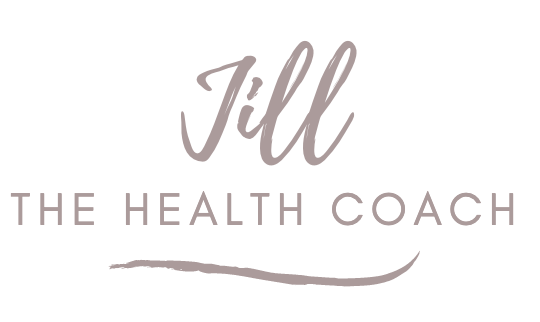|
Did you know that some basic foods such as milk, cheese, chocolate, grapefruit juice and even some green leafy vegetables can react negatively with some medications? Some of these mixes can lead to ineffectiveness of the drug or can lead to more dangerous consequences.
This is one more reason to check the medication box or interaction sheet we get (that most of us don’t bother to look at!) or you can check out this handy Drug Interactions Checker. Beware of the following foods that may cause problems with various medications.
Milk. Milk, calcium supplements and antacids (they contain calcium in them) can interfere with the absorption of antibiotics. Calcium does not allow antibiotics to get into the bloodstream. To be safe, be sure to wait a few hours after taking the antibiotics before drinking milk or popping an antacid.
Aged Cheese, cured or pickled foods. Cheeses such as cheddar or Swiss, cured meats and sauerkraut contain an amino acid that can cause a sudden spike in blood pressure when combined with certain antidepressants. Drugs these can interact with are MAOI antidepressants including Marplan, Nardil, Emsam and Parnate. Also included are antibiotics such as Zyvox and Isoniazic.
Grapefruit and grapefruit juice
It contains compounds that interfere with enzymes that break down the drugs in the gut. This means that more of the drug stays in your body and can build up to potentially dangerous levels with side effects such as
facial flushing, nausea, dizziness, confusion, palpitations or irregular heartbeat.
Drugs this can interact with are statins for cholesterol such (Zocor, Lipitor), some meds for anxiety (BuSpar), heart arrhythmia (Cordarone), depression (Zoloft), seizures (Tegretol, Carbatrol), malaria (quinine), insomnia (Halcion) and calcium channel blockers (Procardia, Nimotop, Sular), some allergy meds and estrogen hormones.
Chocolate. The caffeine in chocolate (along with other caffeinated foods) can trigger tremors when combined with certain meds which can also irritate the stomach lining. This can exacerbate the side effects of drugs likely to cause nausea.
Drugs this can interact with are MAO inhibitors for depression, some antibiotics, narcotic painkillers such as Vicodin and Percoset, asthma medications and stimulants such as Ritalin.
Green Leafy Vegetables. Broccoli, kale, brussels sprouts and cabbage are rich in vitamin K which helps the blood to clot-a good thing that your body needs. However, the blood thinner Coumadin (warfarin) works by counteracting vitamin K’s ability to clot which then thins the blood. Keep in mind that consuming small amounts of vitamin K-rich foods probably will not pose a problem just as eating a consistent amount, so that the prescribing doctor can titrate the amount of Coumadin appropriately. I would like to add that Coumadin is one of those drugs that you may want to think twice about taking in any case. Its ingredients are that of rat poison.
Yes, really. Look on the box and then go to Home Depot and check out the box for rat poison. As a possible option, Grandma’s standby, cod liver oil, as well as fish oil do a splendid job of thinning your blood with no side effects while allowing you to enjoy all the beautiful greens your body craves.
Always be sure to make any switch under the supervision of your doctor.
Black Licorice. This can increase the toxicity of certain drugs or intensify the side effects. For some blood pressure medications, it can make them ineffective and can lower potassium levels making one more susceptible to cardiac issues.
Drugs this can interact with are diuretics such as Lasix (furosemide) and heart failure/irregular heartbeat med Lanoxin.
Keep in mind that there are ways to avoid drug-food interactions by using natural alternatives.
Oatmeal is a great way to lower cholesterol, taking vitamin B-Complex with extra vitamin B6 can help boost serotonin production to fight depression, taking vitamin D regularly to avoid getting bacterial infections in the first place can help prevent antibiotic use and heart healthy cod liver oil and fish oil can help thin blood and decrease inflammation.
Always consult your physician before considering any medication alternatives. Let’s have a conversation on Jill the Health Coach FB page!
|
|
All material in this newsletter is provided for information only and may not be construed as medical advice or instruction. No action or inaction should be taken based solely on the contents of this publication;instead readers should consult appropriate health professionals on any matter relating to their health and well-being. The information provided has not been approved the Food & Drug Administration and is not intended to diagnose, treat, cure, or prevent any illness or disease.
|
|
|
|
“It is our choices that show what we truly are far more than our abilities.”

Live well and love more,
Jill Gordon |

